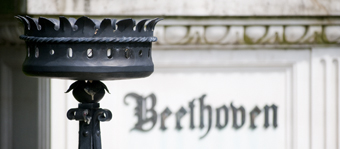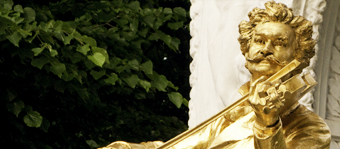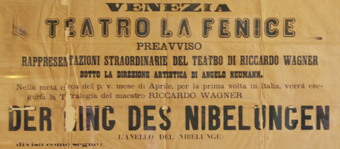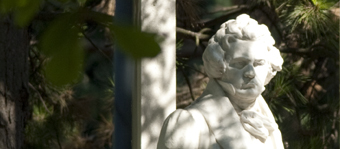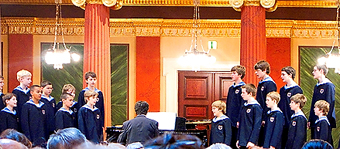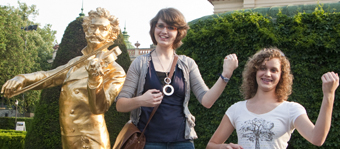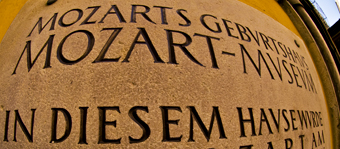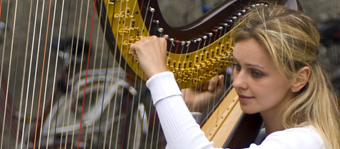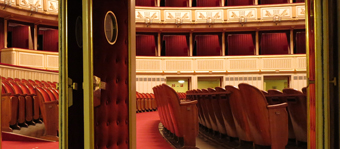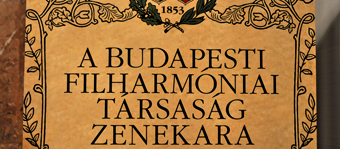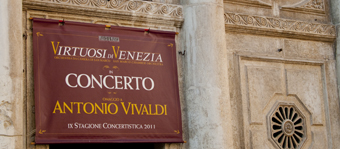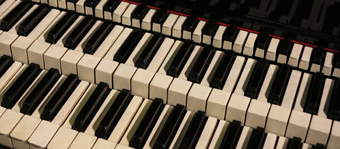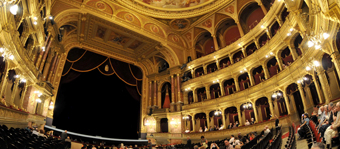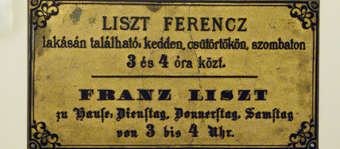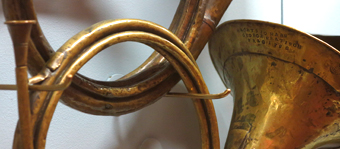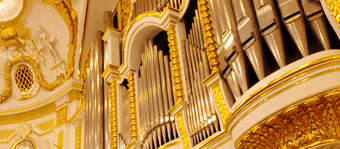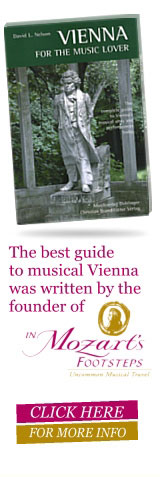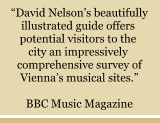In Part 2 of this series, we learned the role of Max Reinhardt in getting the festival started. In Part 3, we will see how the festival was not an immediate success.
Music is added to the festival
Even after Reinhardt started the festival, it still took a while before it was established as a successful endeavor. The 1921 festival featured Jedermann, as it had in 1920, and also a handful of chamber music and orchestral concerts conducted by Bernhard Paumgartner with members of the Mozarteum Orchestra supplemented by several musicians from the Vienna Philharmonic. The repertoire was to include Mozart’s Don Giovanni and Cosi fan tutte, as well as music by Strauss, but was changed because of poor financial planning. Strauss was not pleased and threatened to resign.
In 1922, the fledgling festival continued to grow and featured four Mozart operas with star-studded casts. Strauss and Schalk conducted these performances at the Landestheater. Jedermann was not produced, as Reinhardt staged The Great World Theater, a Spanish play, at the Collegiate Church instead.
Political struggles with Vienna
Underlying these festivals were great political struggles within its organizers and between Salzburg and the government leaders in Vienna. The Viennese politicians were not quick to fund supply the funding the organizers had requested.
The clientele for the performances also had not been what Reinhardt and Hofmannsthal had hoped. Their image was of a festival that many local Salzburgers would attend, but the necessary high cost of tickets brought a socially elite audience in from out of town. Many store owners raised their prices and this further distanced the locals from the festival. Hofmannsthal even returned a large share of the profits to the town, but still the locals were not satisfied.
What looked like a positive step when the new hall at Hellbrunn was begun turned sour when the strains of post-war inflation curtailed progress on its building, and the funding to renovate the old Winter Riding School into a performance venue fell through. Count Alexander von Thurn und Taxis resigned as president of the Festival Society, and Richard Strauss agreed to take the position.
The great composer and conductor would only serve a president for two years, and the strains of the position caused him to announce that he would not even attend the 1923 festival. Things became even worse when he and Schalk decided to take the Vienna State Opera (and thus the Vienna Philharmonic) on tour to South America, and then the Berlin Philharmonic refused to come to Salzburg because of the bad acoustics of the halls. The final blow was when the local government refused to give significant monetary support.
1923: Success against the odds
Still, the 1923 festival took place and was remarkably successful. Members of the Vienna Philharmonic who were not on tour performed in Salzburg. But it was Reinhardt’s creativity that saved the day and kept spirits up. He staged Moliere’s Le Malade imaginaire and invited high-society guests to a rehearsal in his Leopoldskron home. As the fashionable attendees arrived, there were greeted with a total surprise: a comedian welcomed them with hilarious merry making. Helping guarantee that the important celebrities in attendance has a grand time was a lavish buffet with drinks!
As 1924 festival was being planned, a conservative Salzburg newspaper, Der Eiserne Besen, began printing strongly anti-Semitic articles against Reinhardt and Von Hofmannsthal. The great director had planned on staging another play in the Collegiate Church, and had even received the Archbishop’s permission to do so. The newspaper gloated when the lead actress became ill and the performances were cancelled. Compounding was that the society did not have the money to hire the Vienna Philharmonic, and there were even rumors that the Viennese members of the festival’s Society had dug up the cornerstone at Hellbrunn. These rumors were false, but important people, including Strauss and Gehmacher, started resigning from the society. The damage had been done, and there was no festival in 1924.
In Part 4 of this series, we will read how one man, Franz Rehrl, had the skills, and political acumen, to take the festival to a new level.
